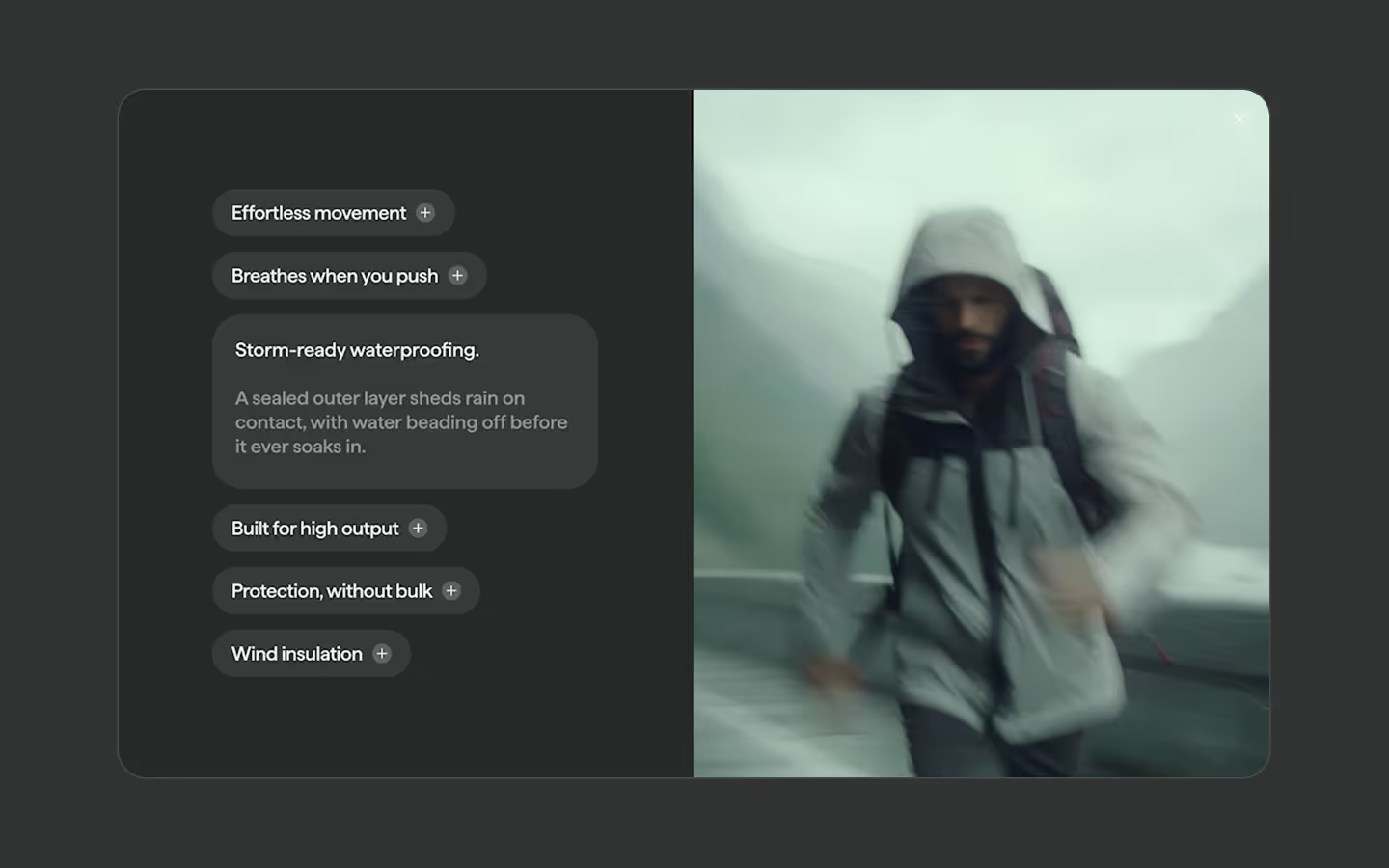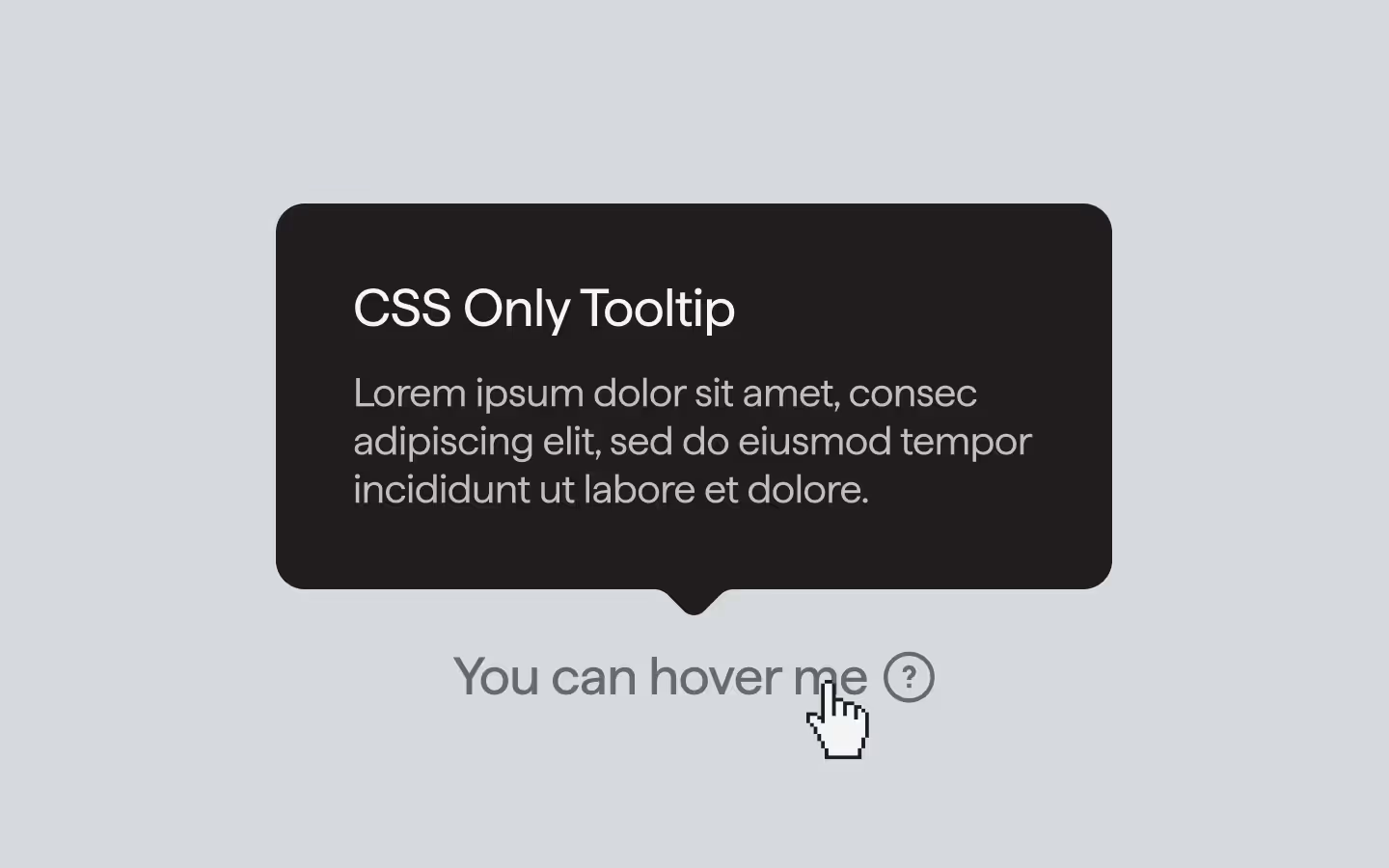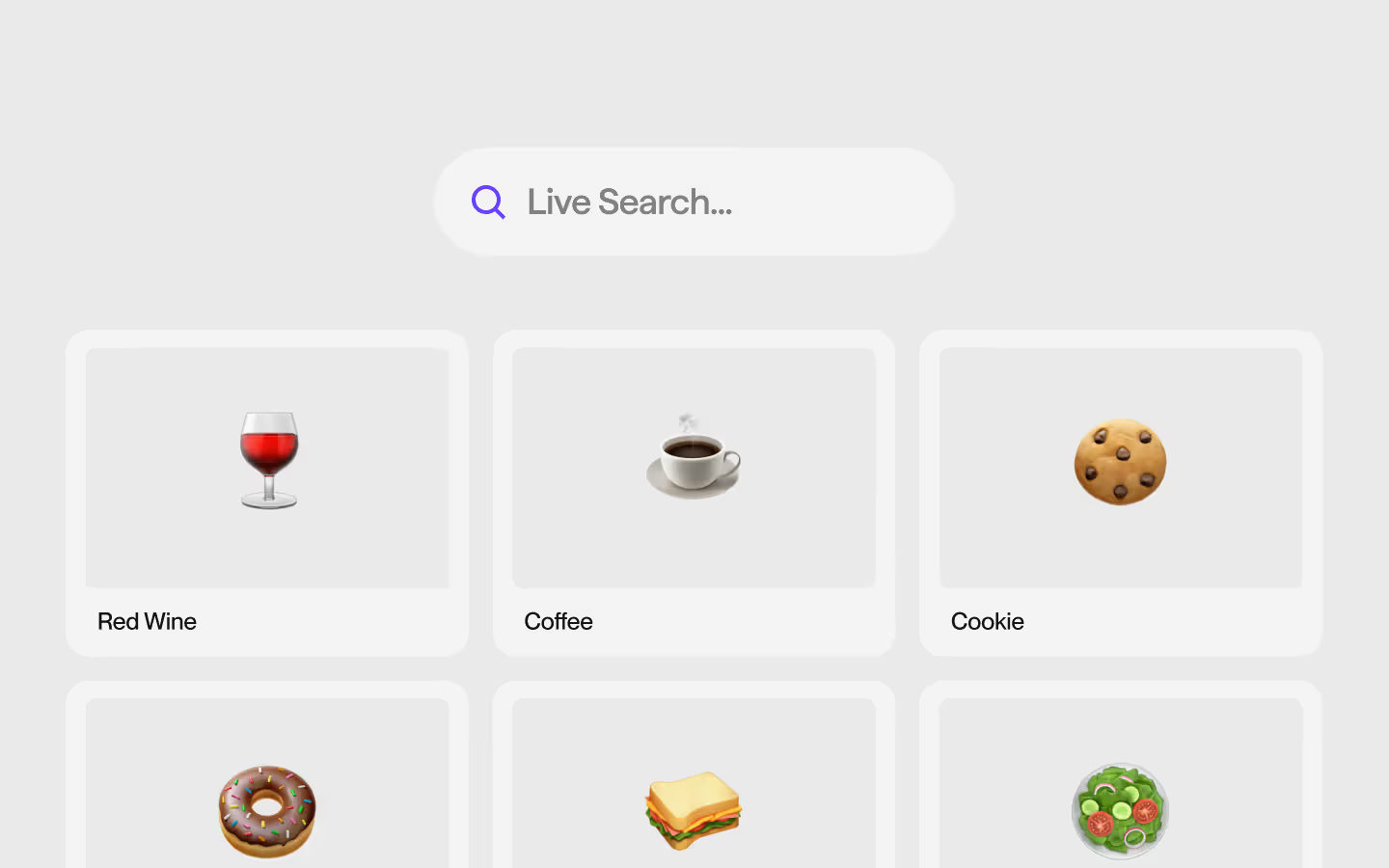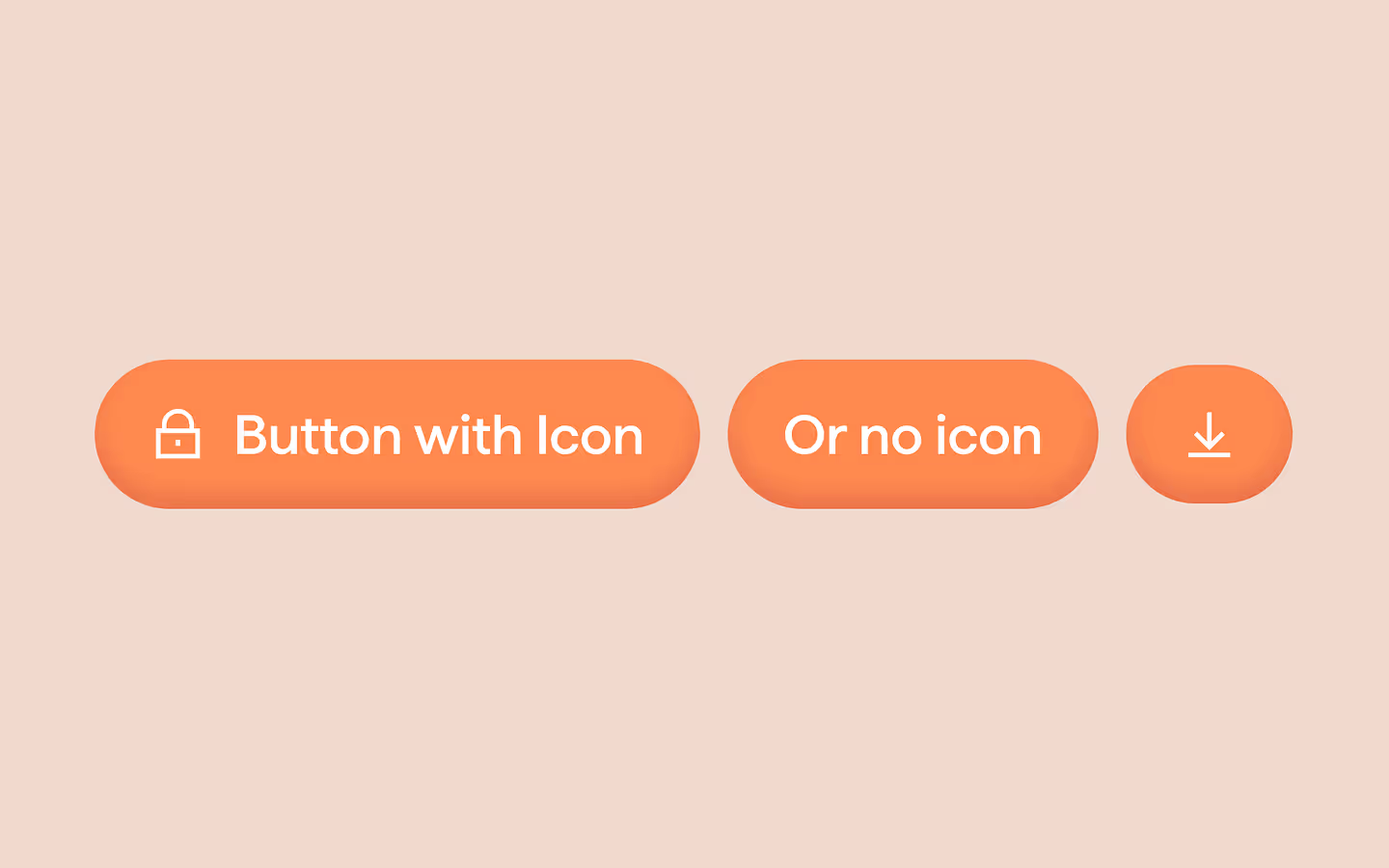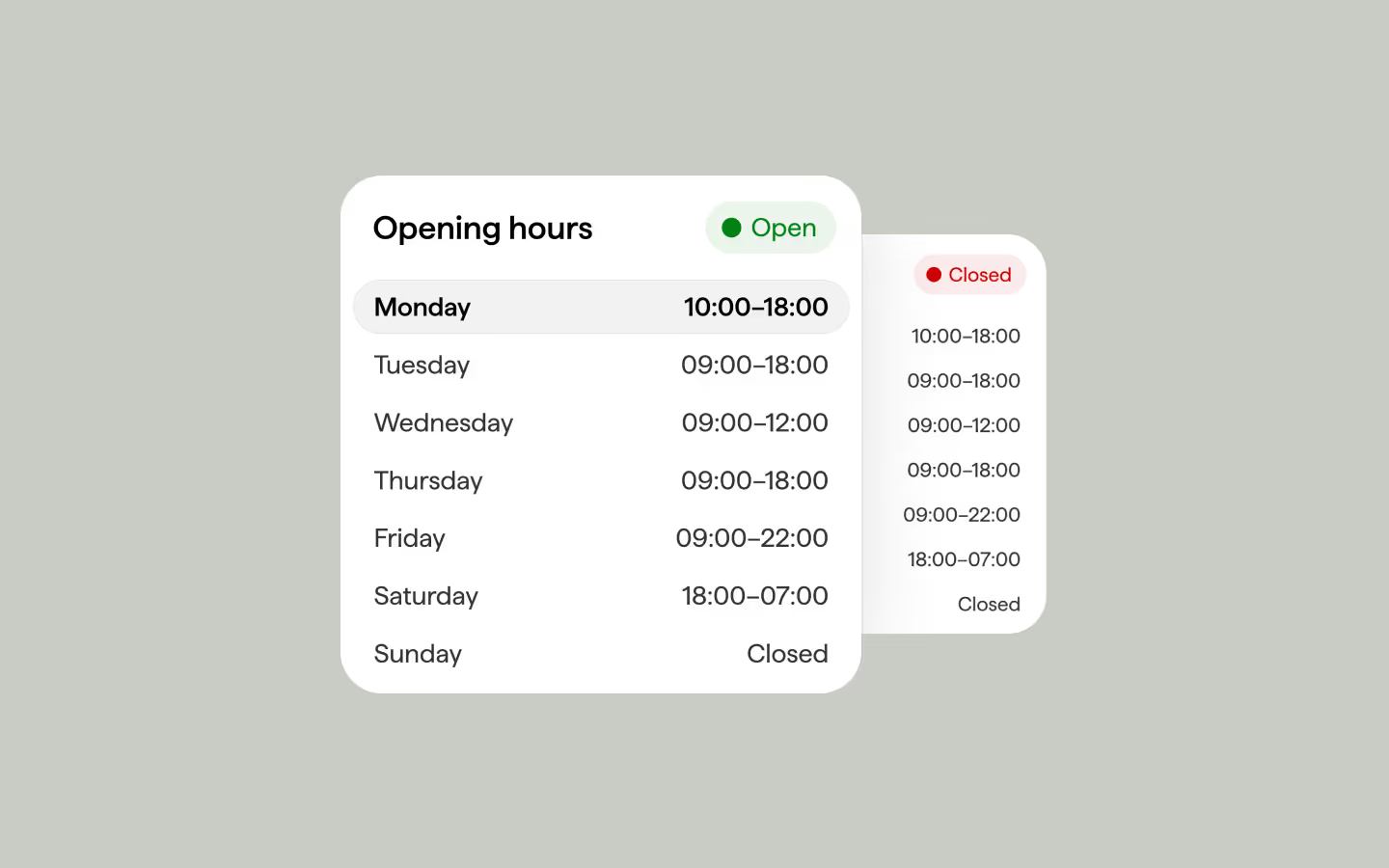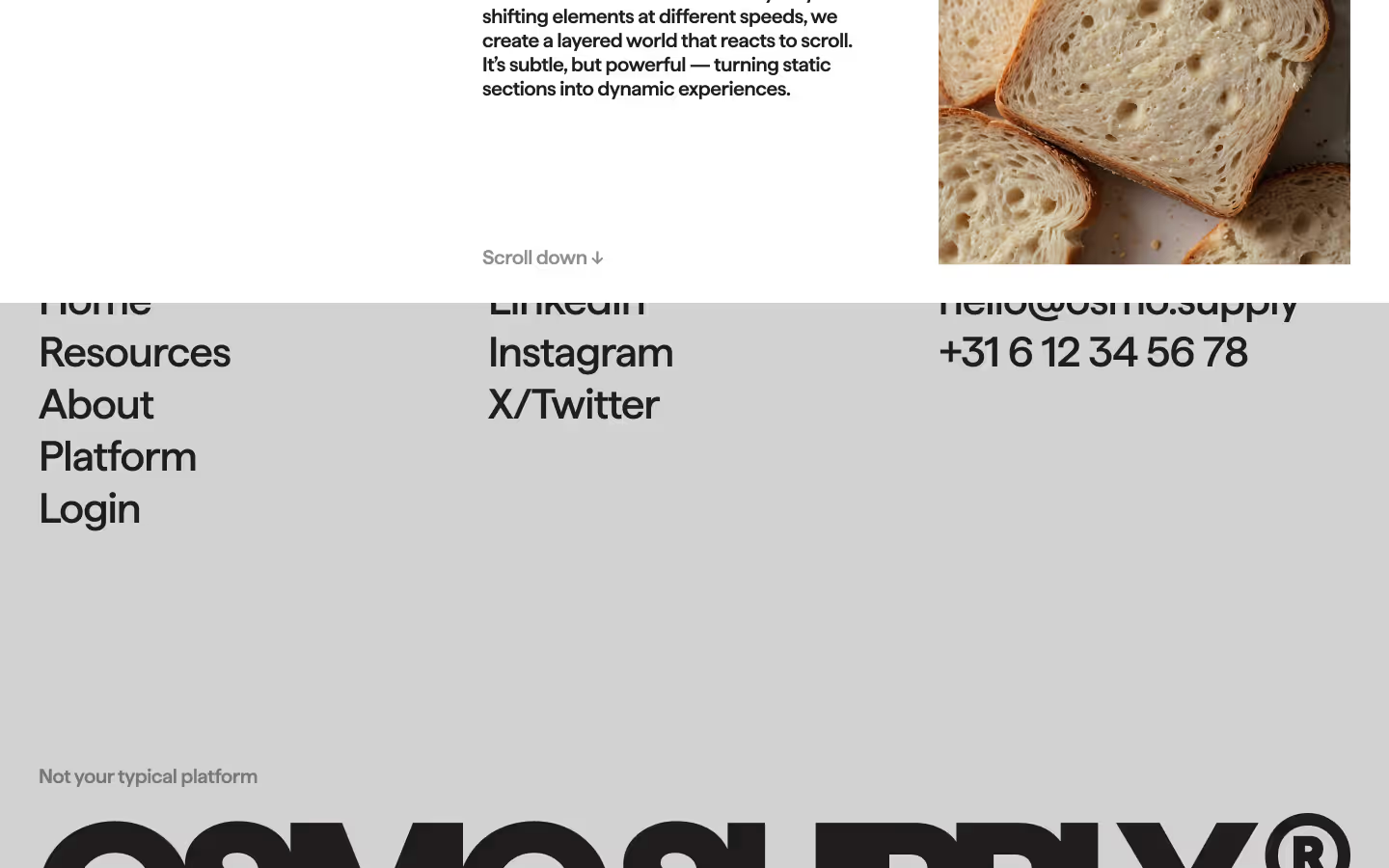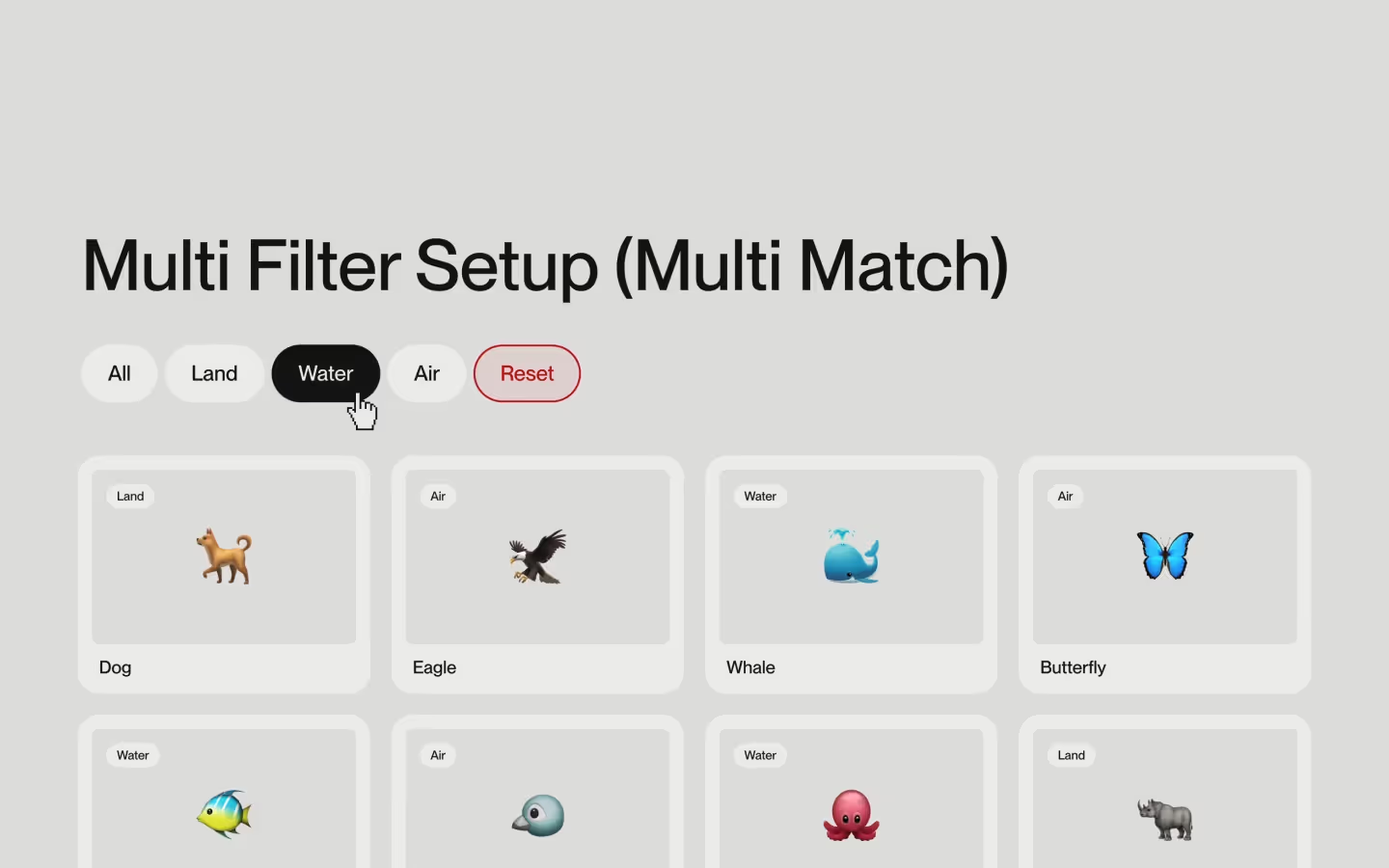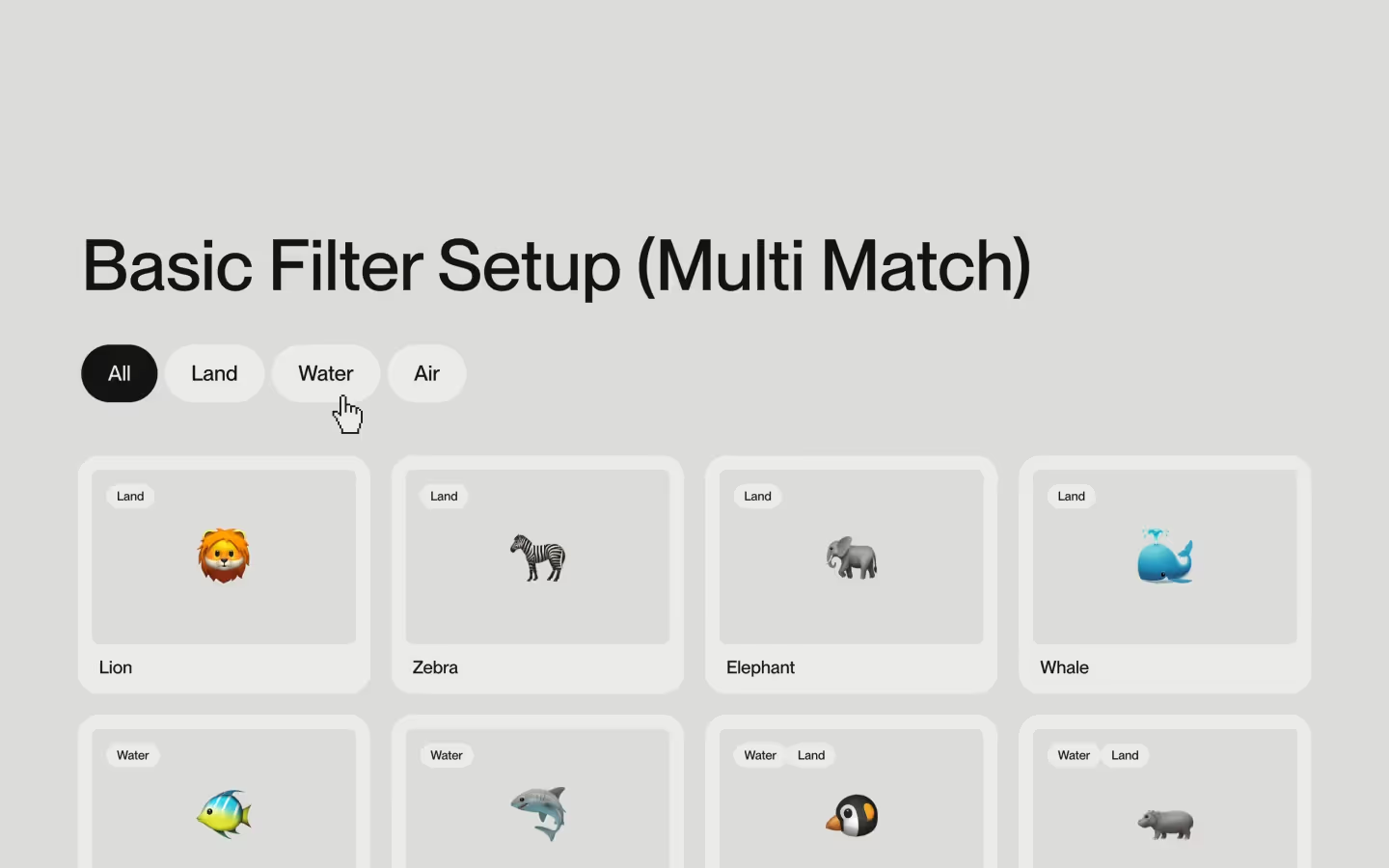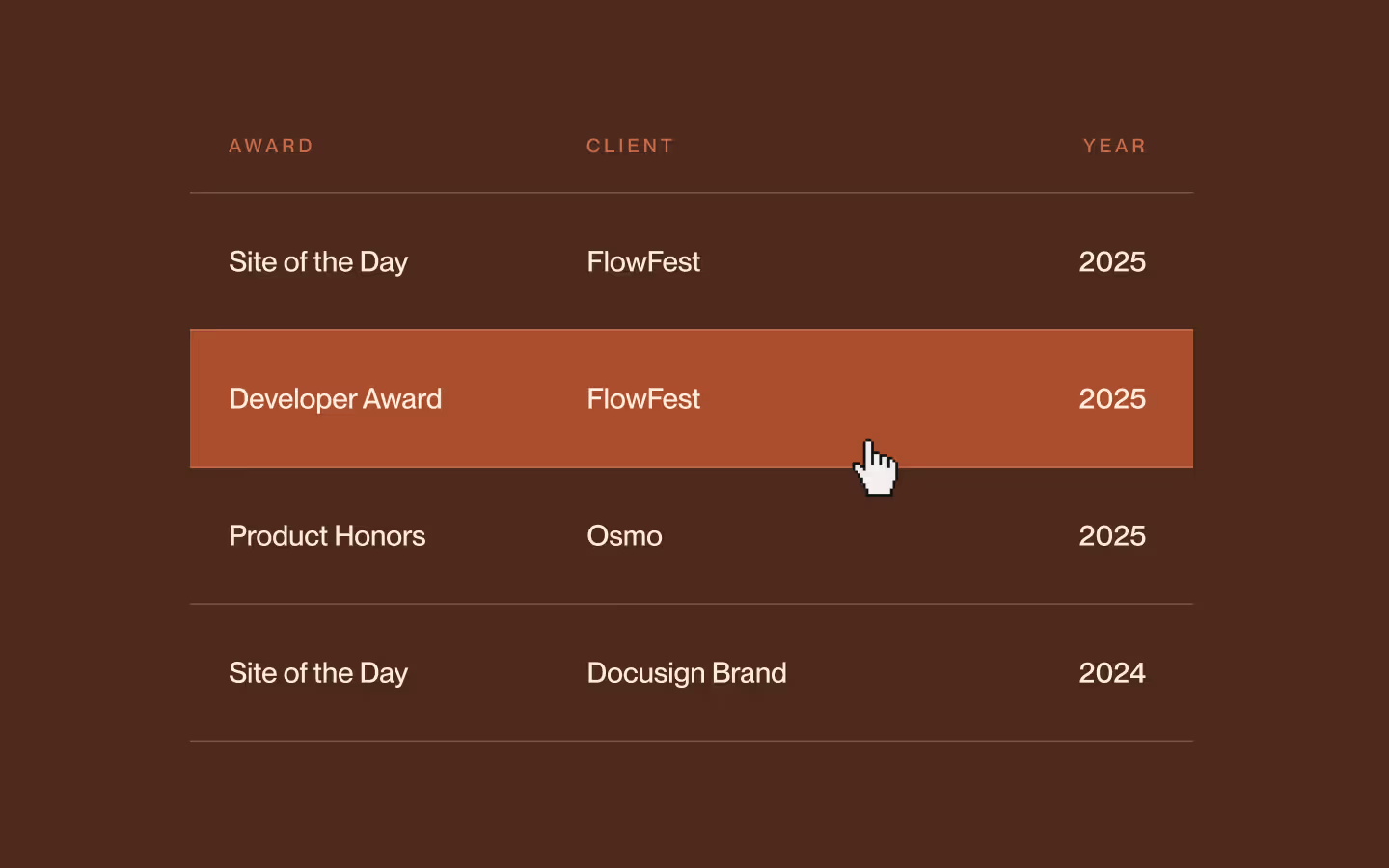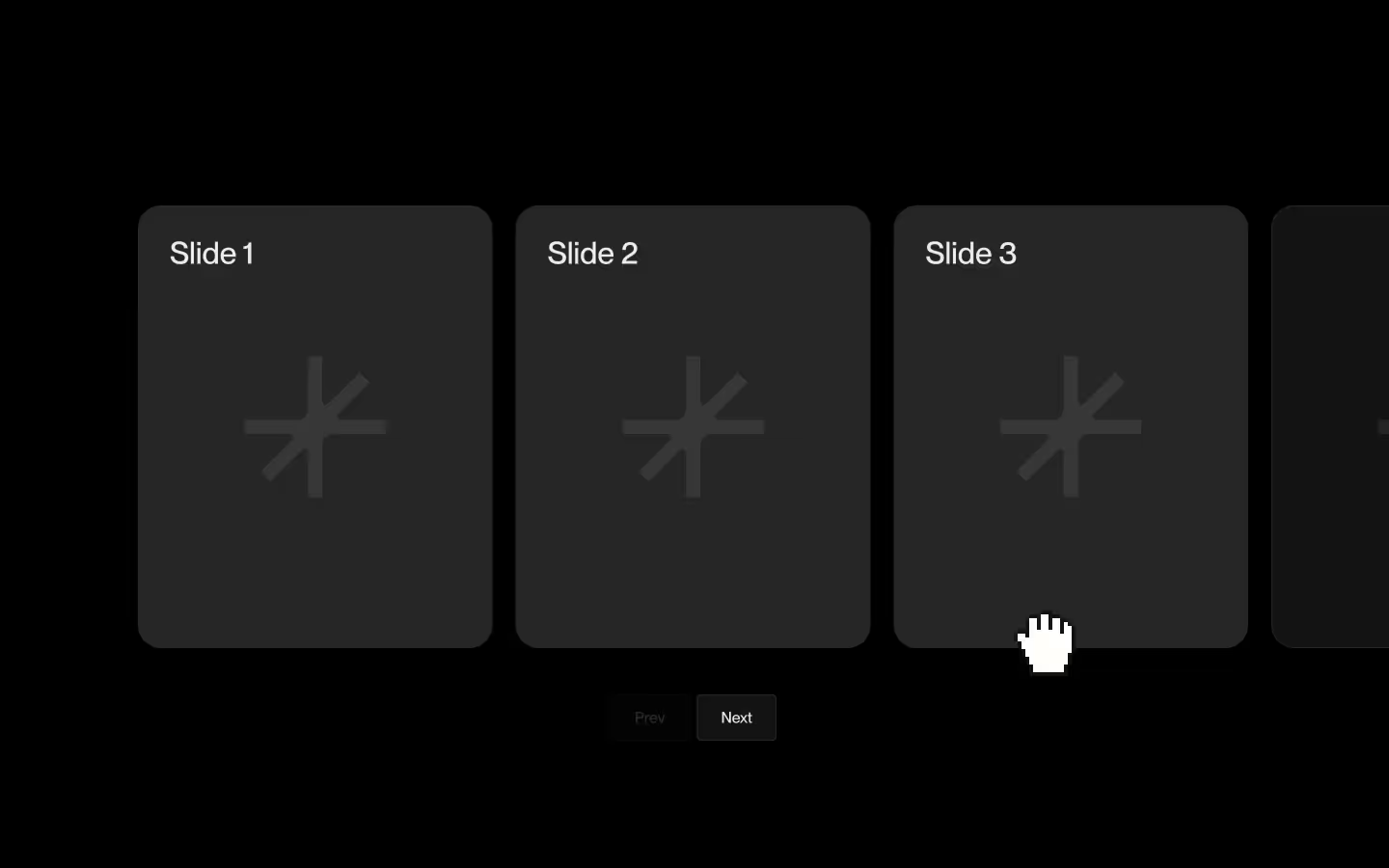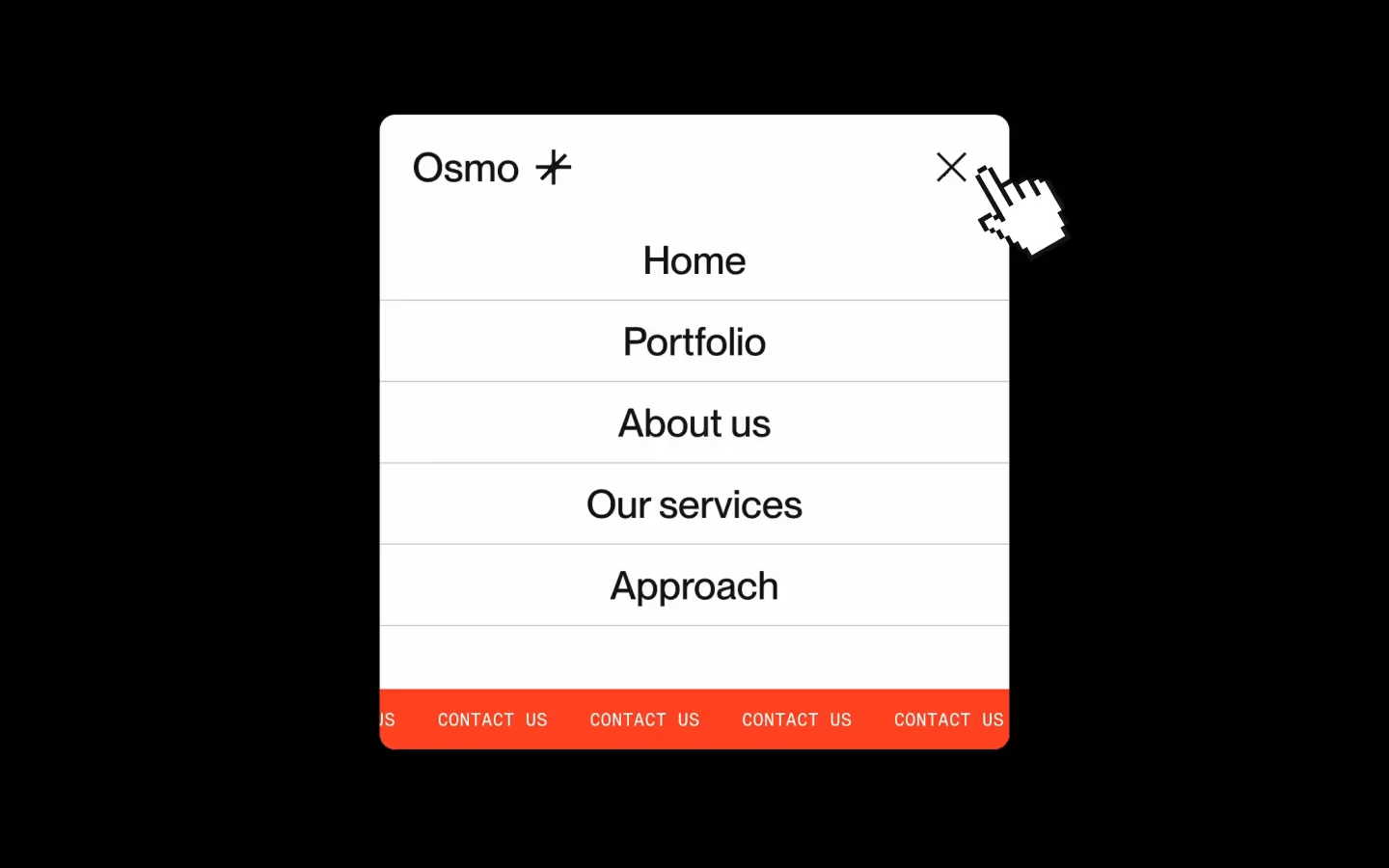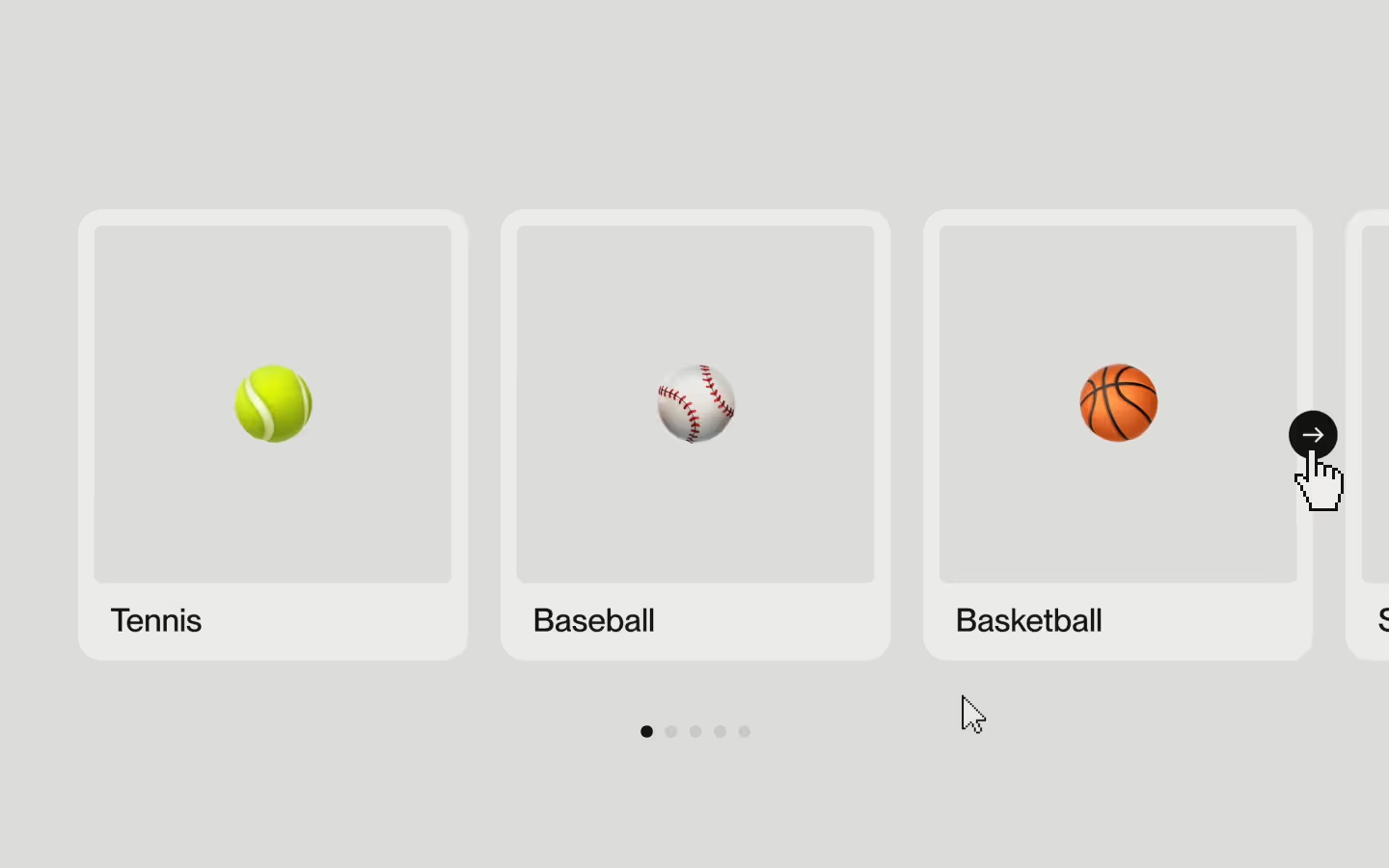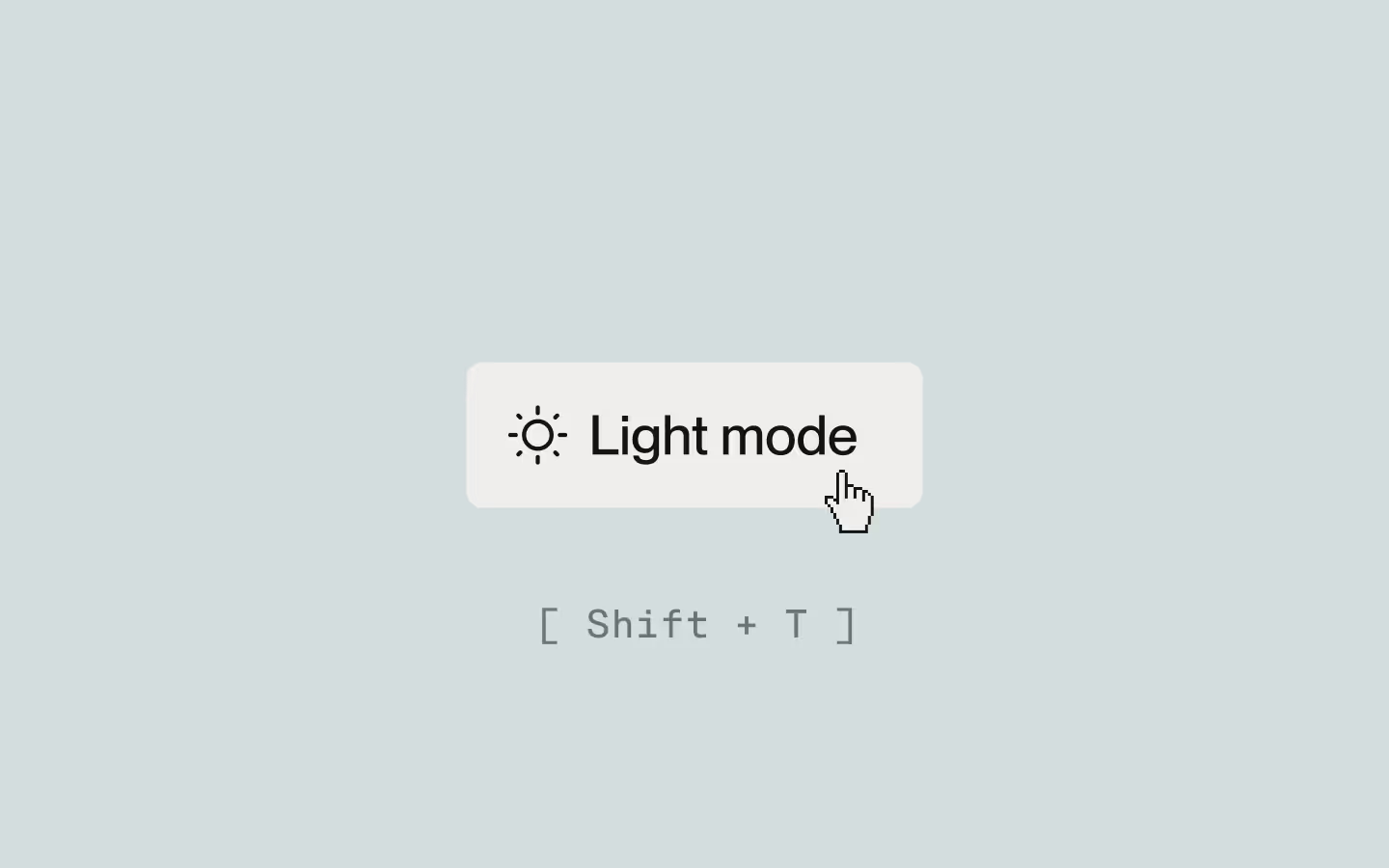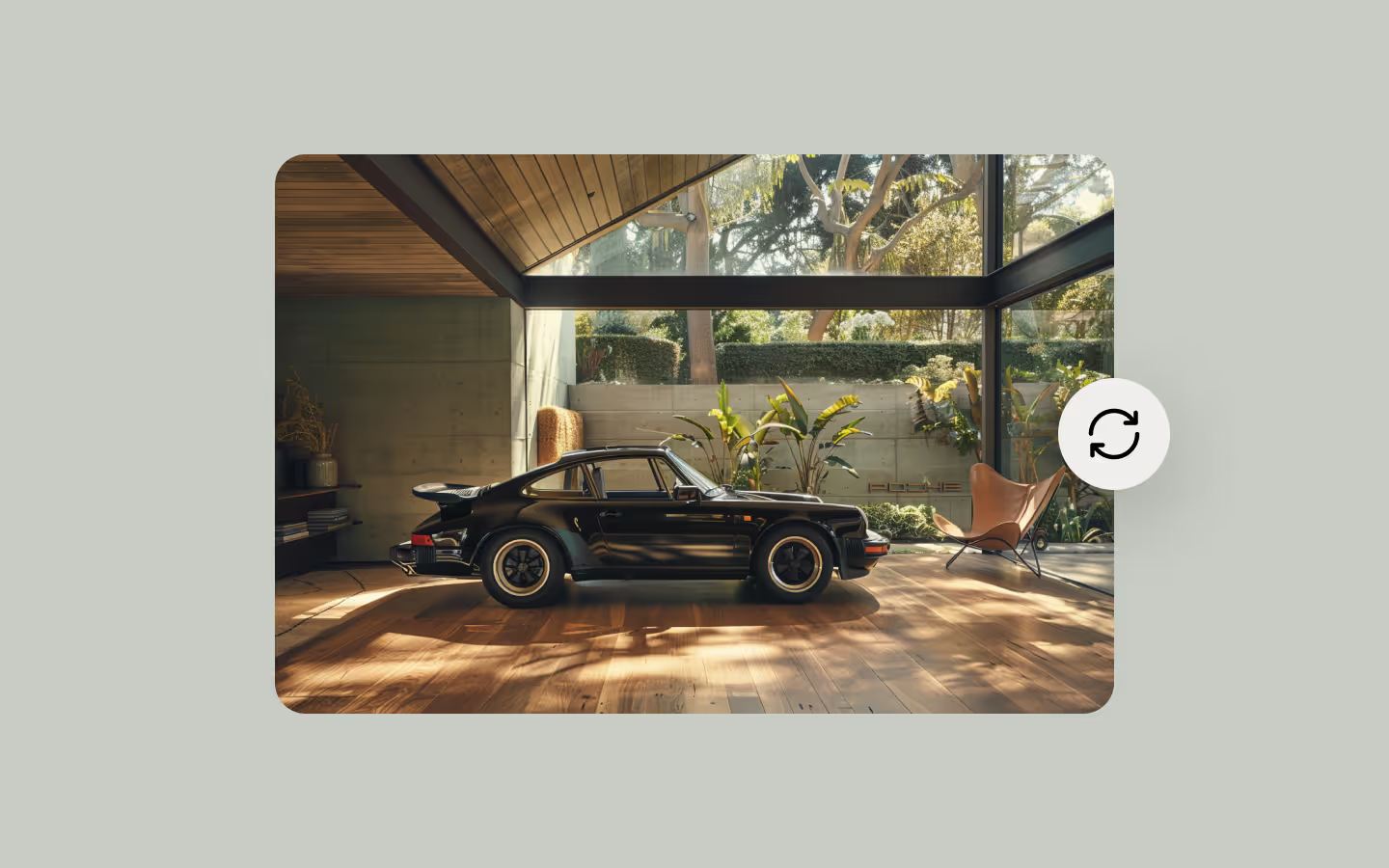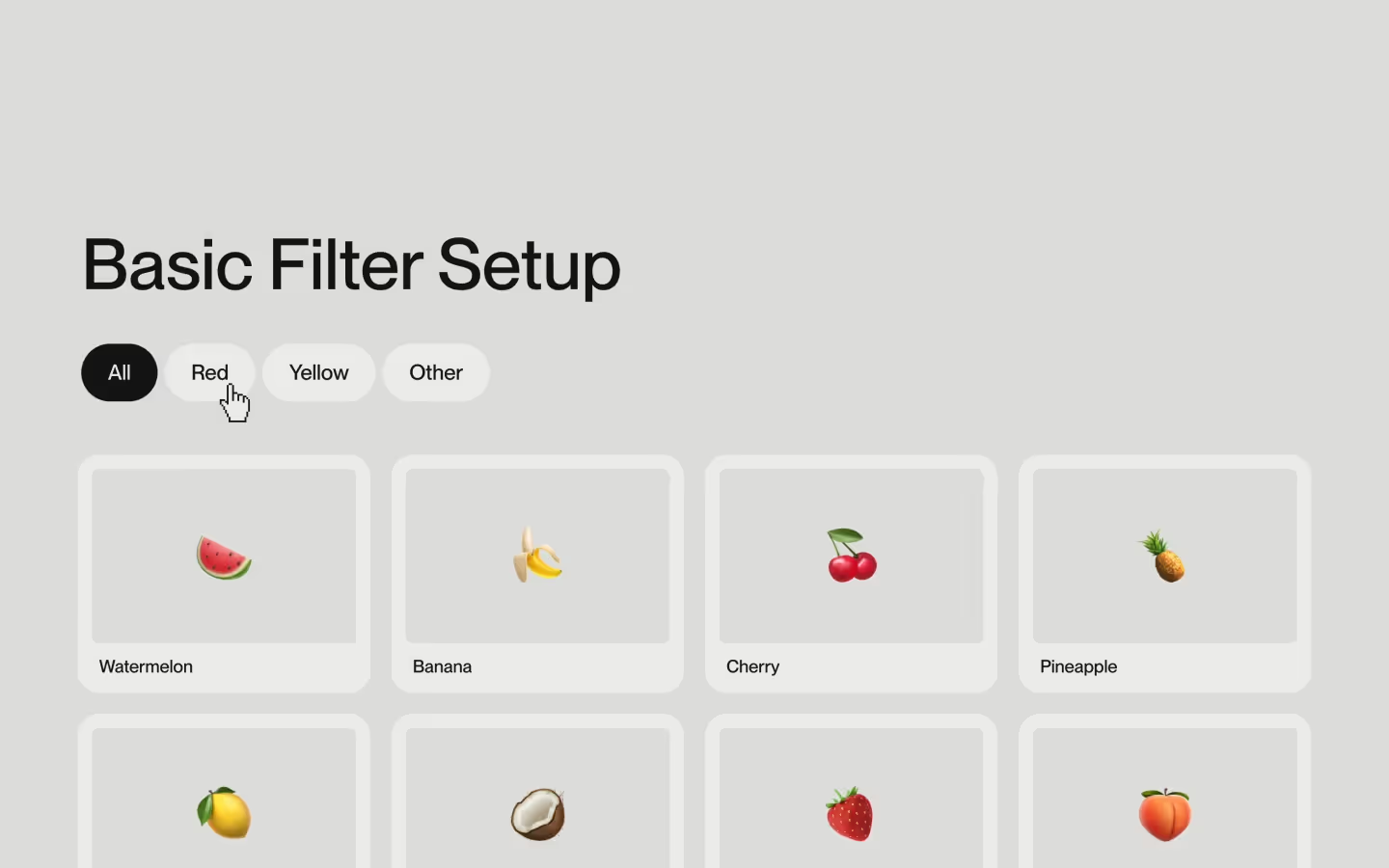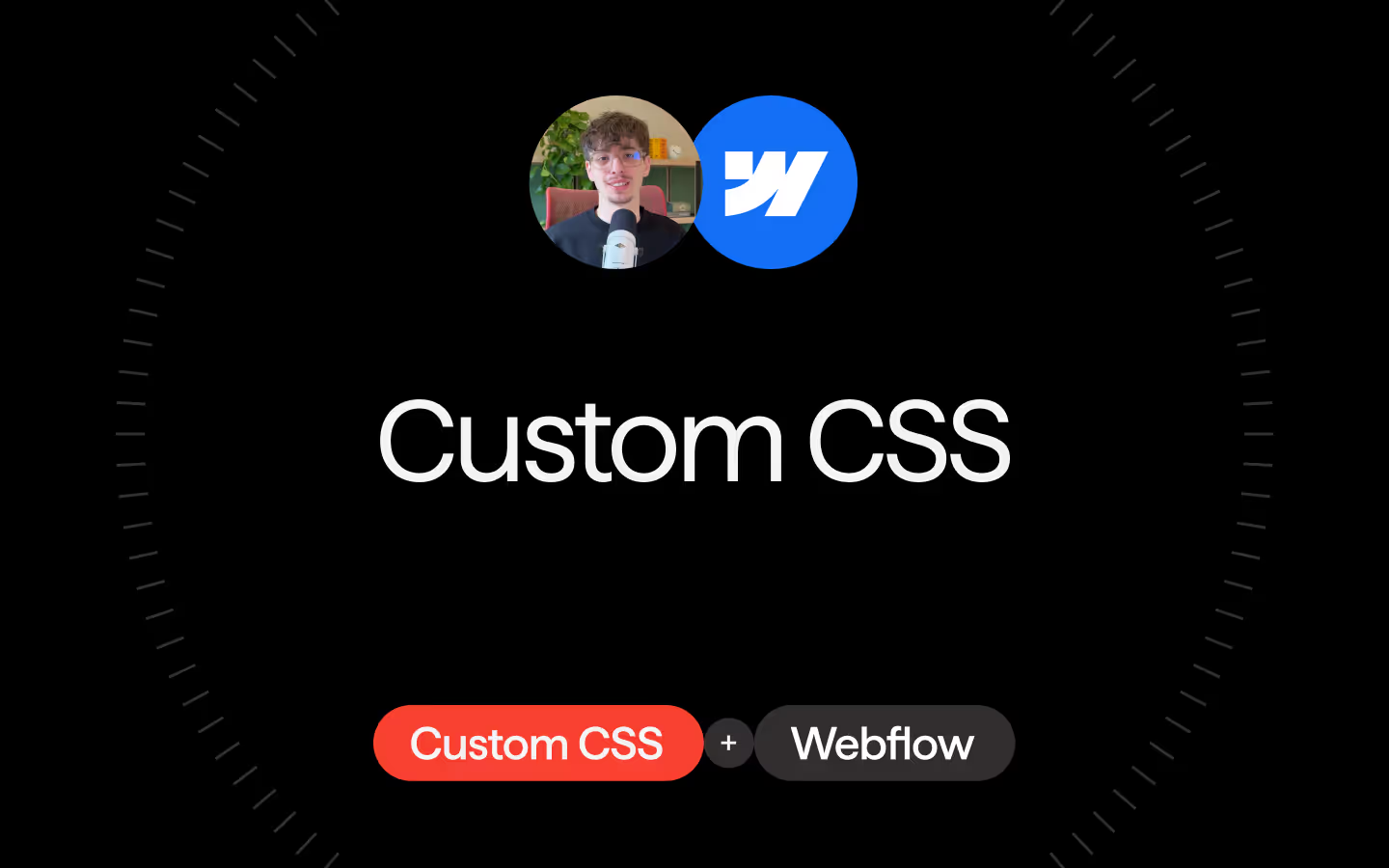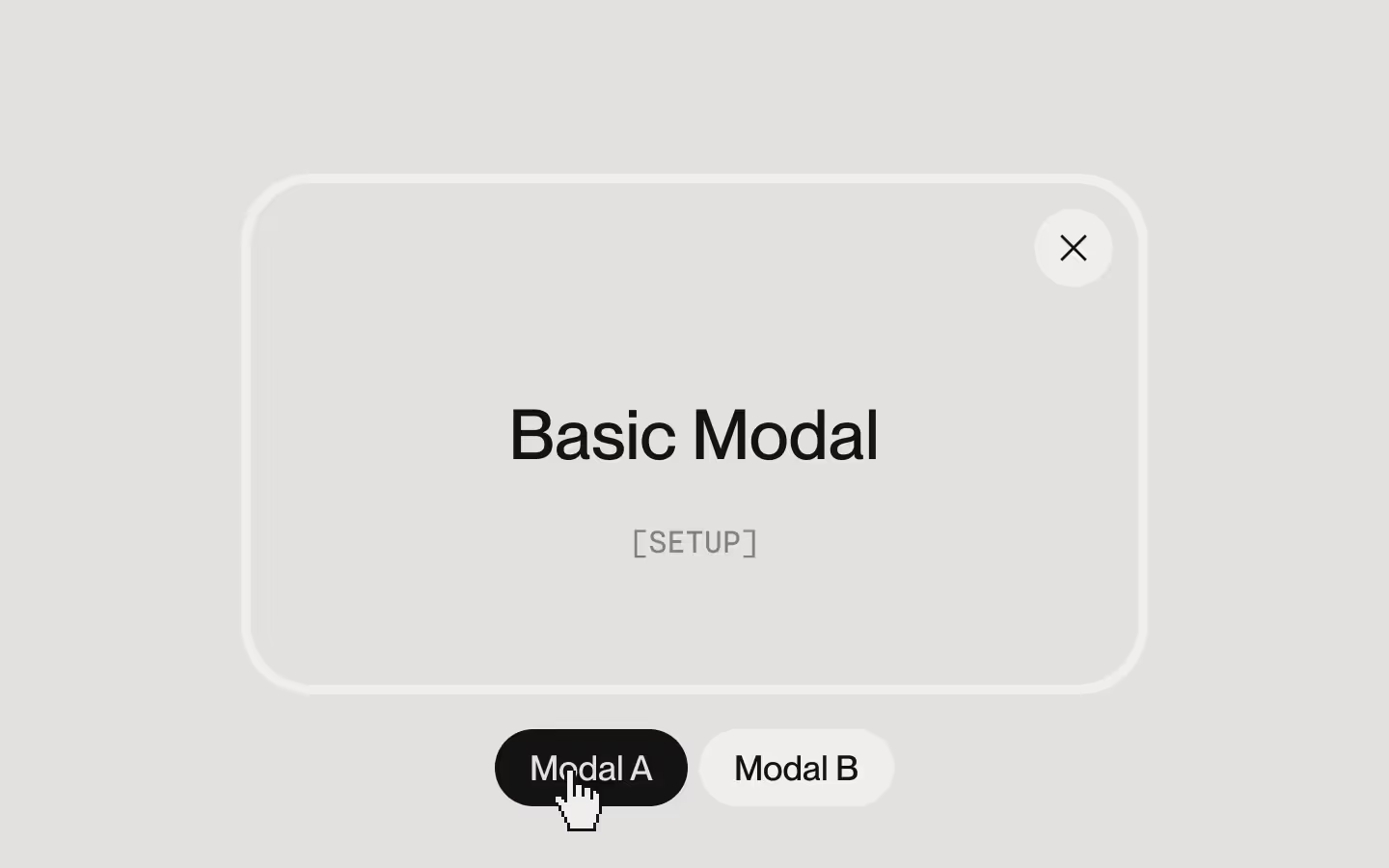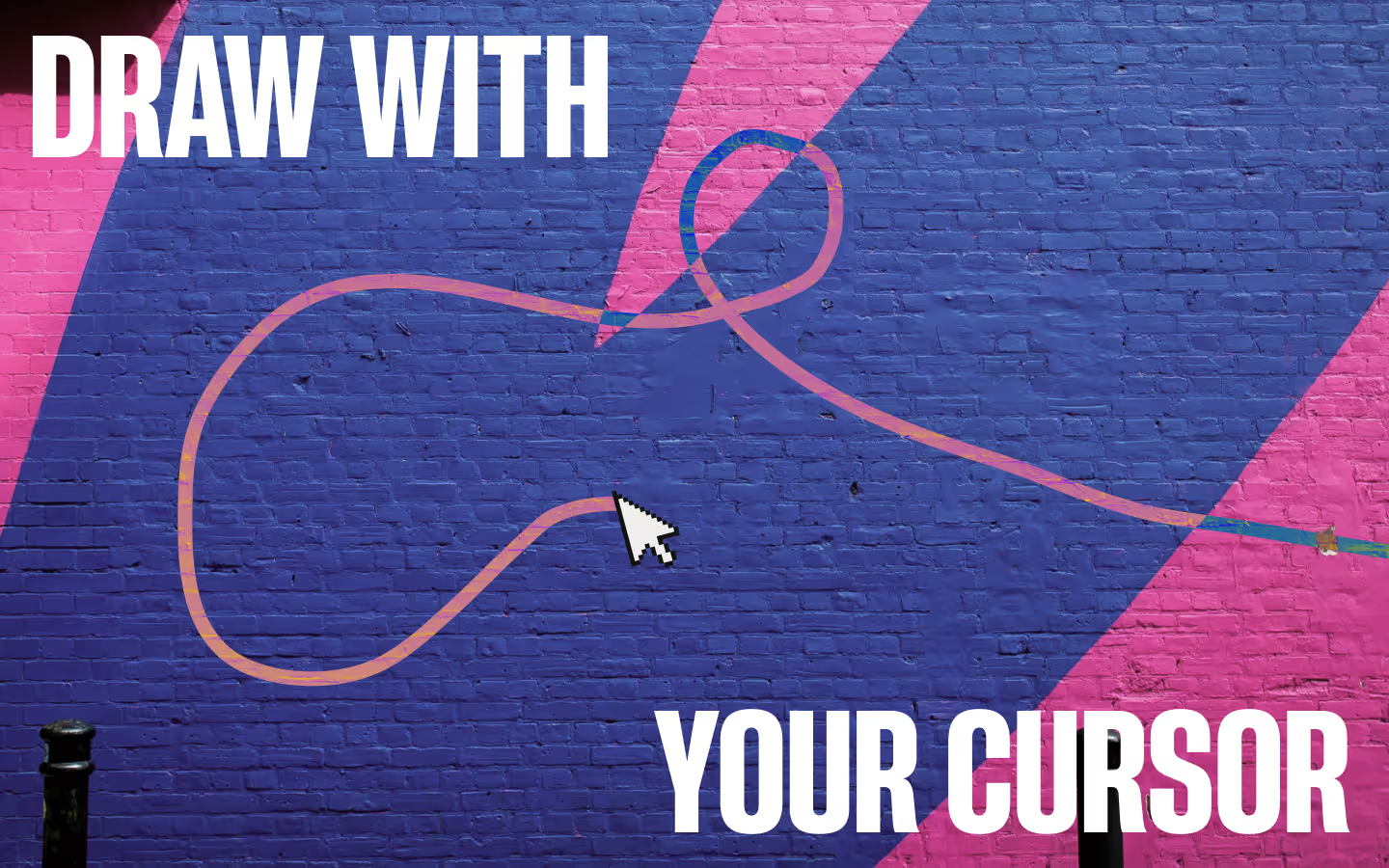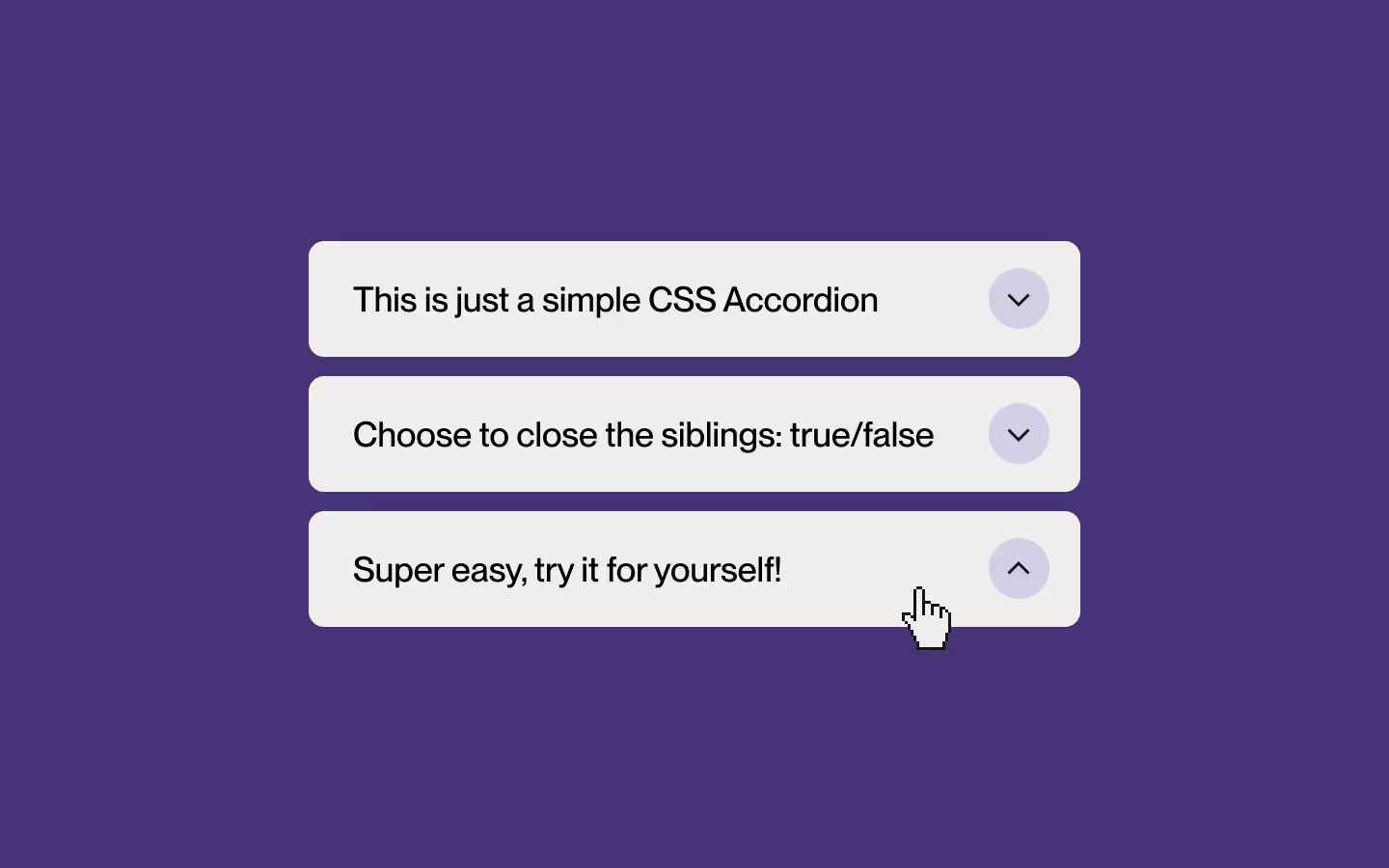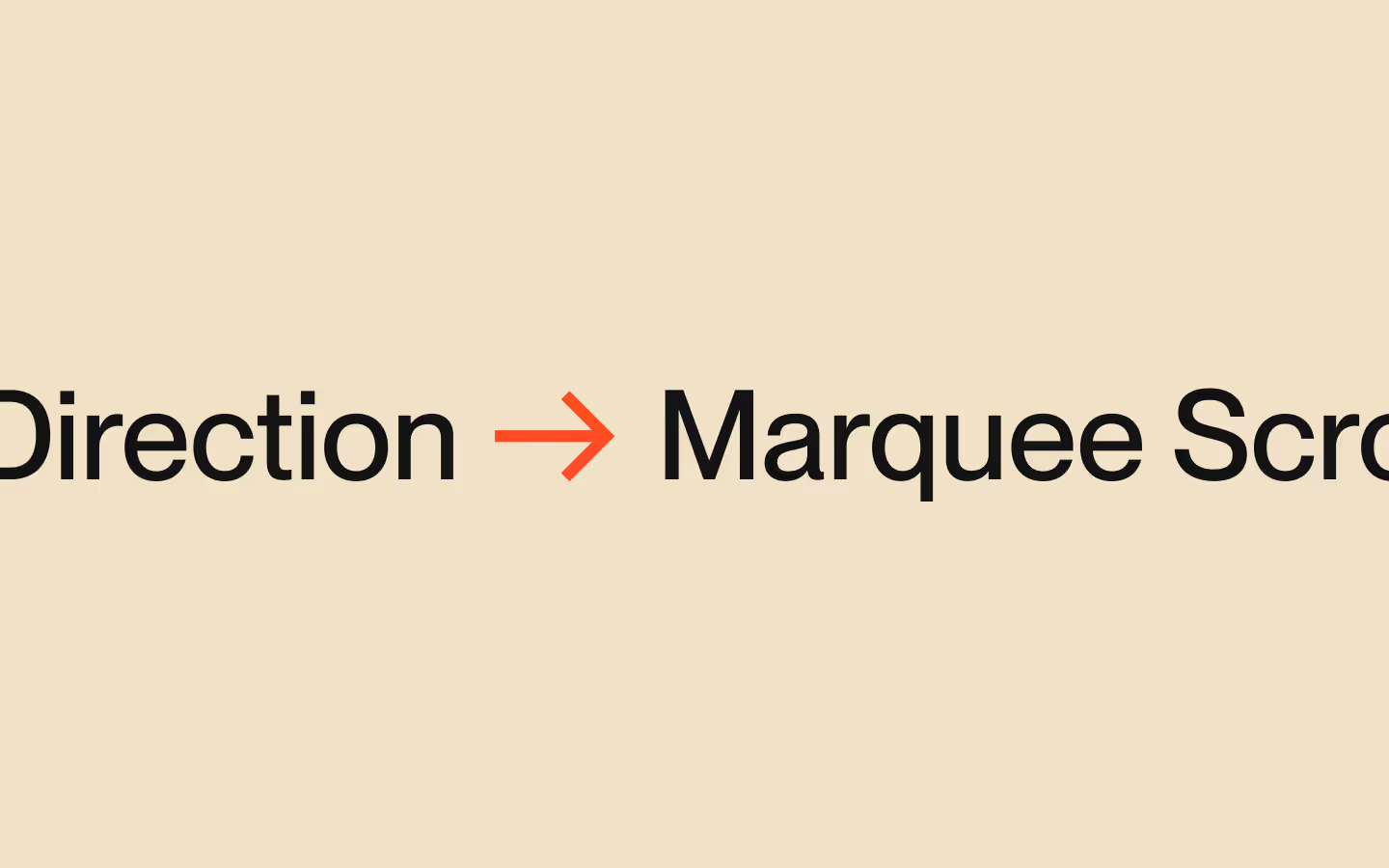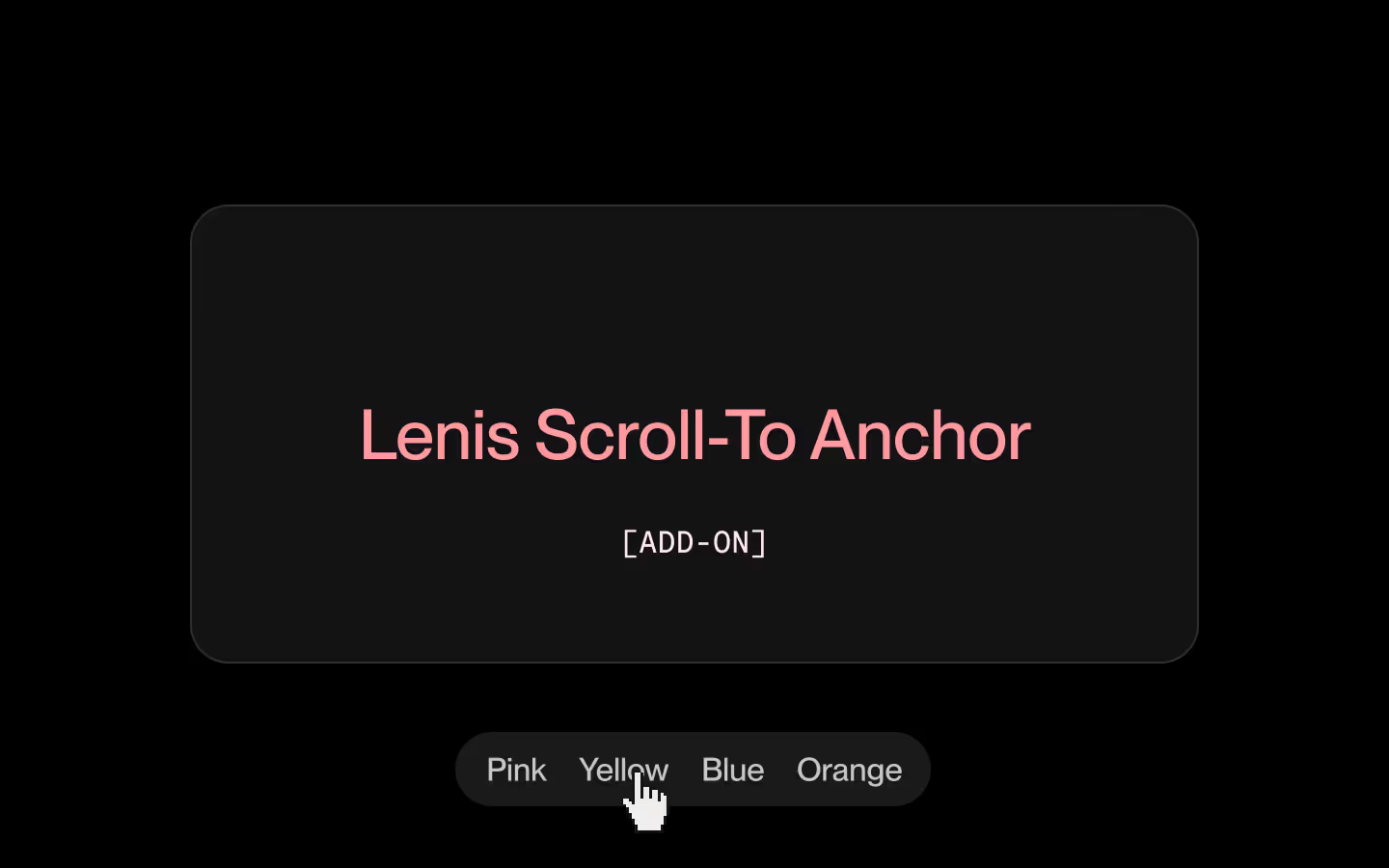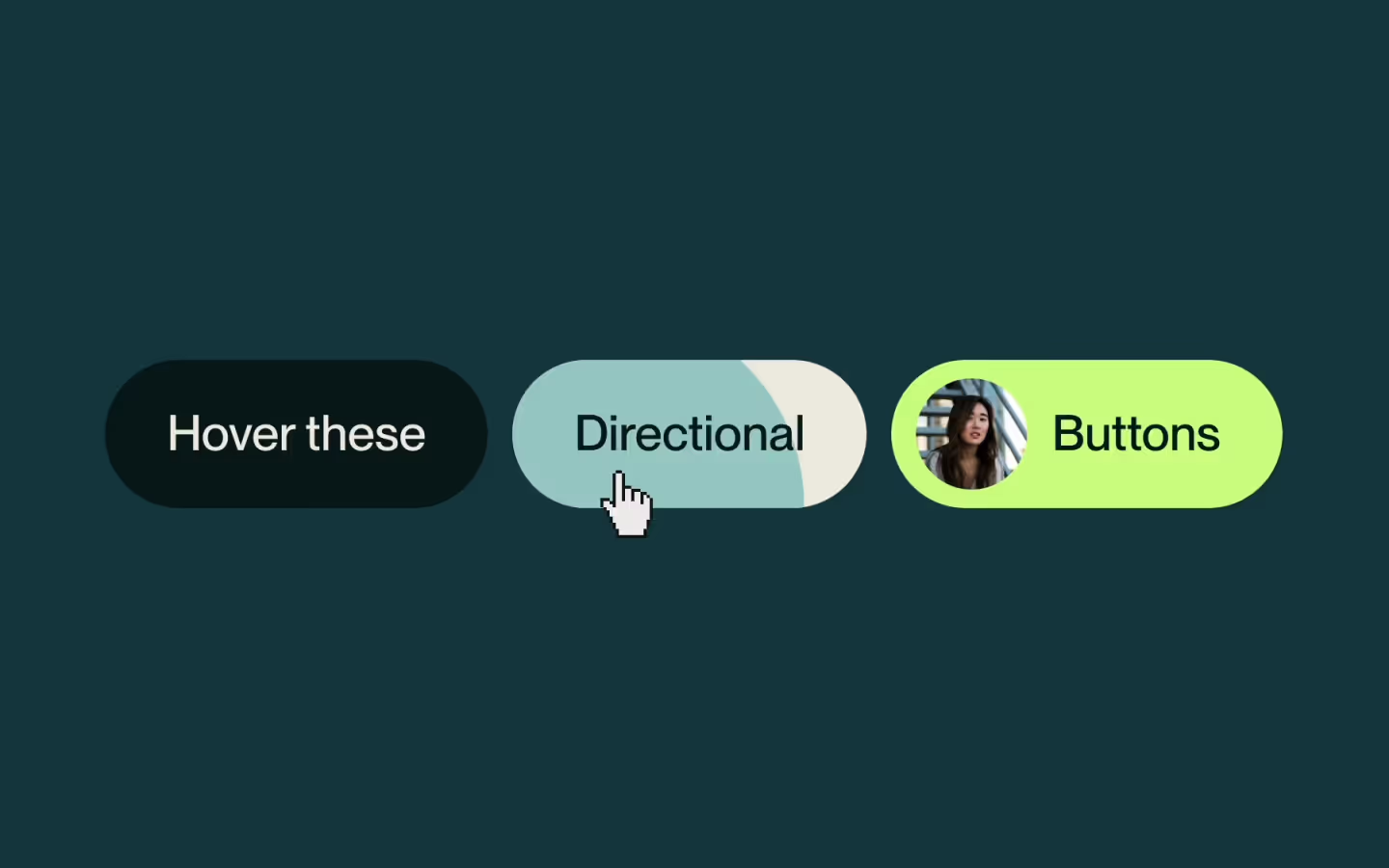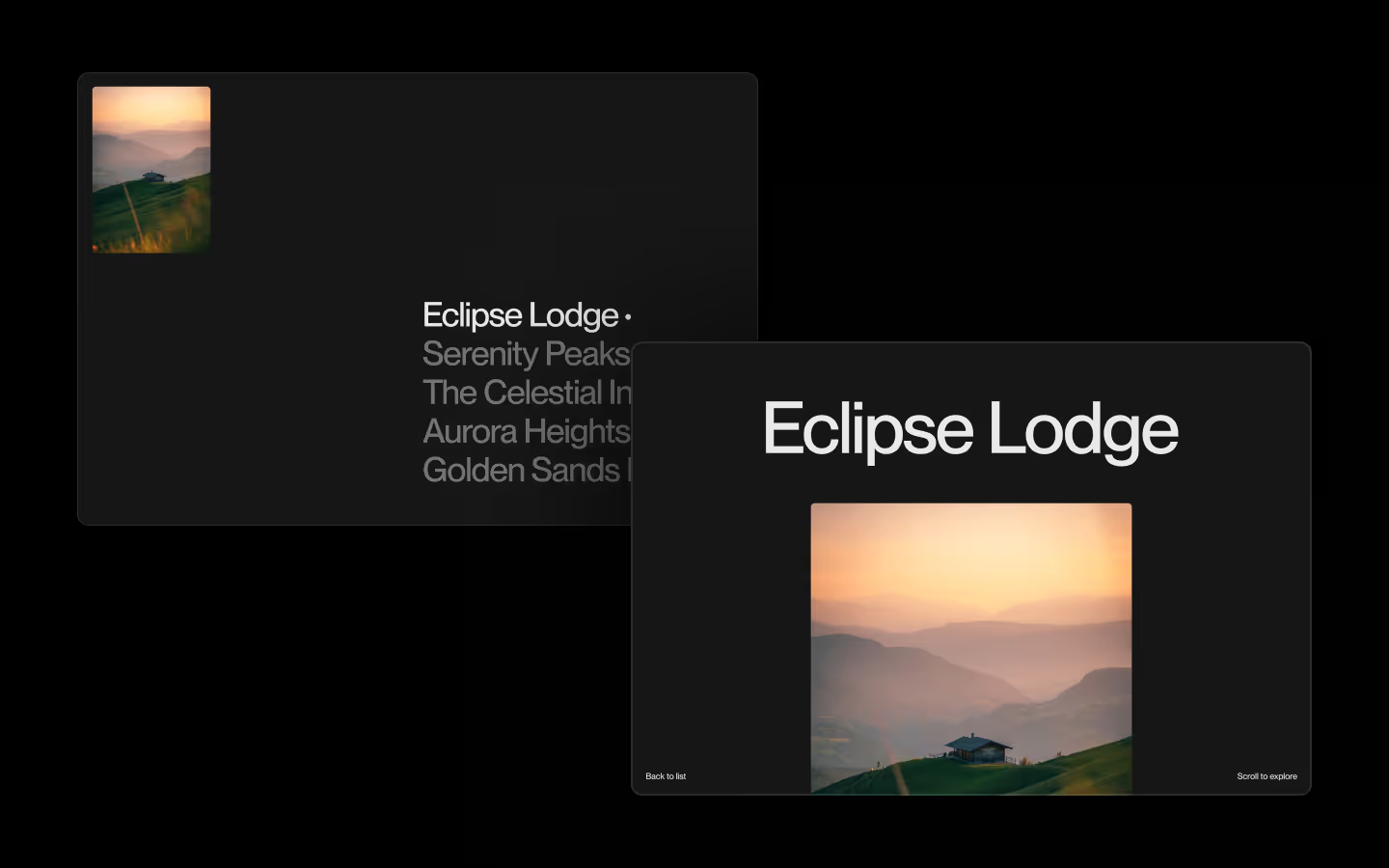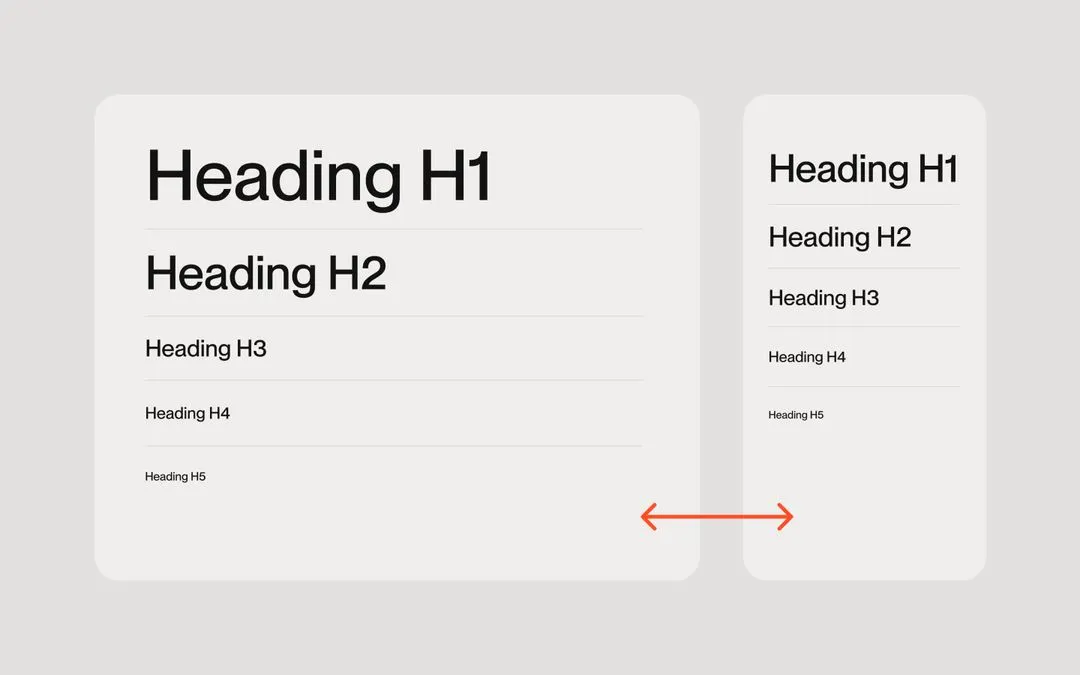Parallax Image Gallery with Thumbnails
Documentation
Webflow
Code
Setup: External Scripts
External Scripts in Webflow
Make sure to always put the External Scripts before the Javascript step of the resource.
In this video you learn where to put these in your Webflow project? Or how to include a paid GSAP Club plugin in your project?
HTML
<script src="https://cdn.jsdelivr.net/npm/gsap@3.12.7/dist/gsap.min.js"></script>
<script src="https://cdn.jsdelivr.net/npm/gsap@3.12.7/dist/Observer.min.js"></script>
<script src="https://cdn.jsdelivr.net/npm/gsap@3.12.7/dist/CustomEase.min.js"></script>Step 1: Copy structure to Webflow
Copy structure to Webflow
In the video below we described how you can copy + paste the structure of this resource to your Webflow project.
Copy to Webflow
Webflow structure is not required for this resource.
Step 1: Add HTML
HTML
<div data-slideshow="wrap" class="img-slider">
<div class="img-slider__list">
<div data-slideshow="slide" class="img-slide is--current"><img data-slideshow="parallax" alt="" src="https://cdn.prod.website-files.com/67db521fe639fd09f860b106/67dbf80921b87fe739e3cbd2_osmo-slideshow-img-3.avif" draggable="false" class="img-slide__inner"></div>
<div data-slideshow="slide" class="img-slide"><img data-slideshow="parallax" alt="" src="https://cdn.prod.website-files.com/67db521fe639fd09f860b106/67dbf809f124211fa71791fa_osmo-slideshow-img-1.avif" draggable="false" class="img-slide__inner"></div>
<div data-slideshow="slide" class="img-slide"><img data-slideshow="parallax" alt="" src="https://cdn.prod.website-files.com/67db521fe639fd09f860b106/67dbf809e5434a14205e65b2_osmo-slideshow-img-2.avif" draggable="false" class="img-slide__inner"></div>
<div data-slideshow="slide" class="img-slide"><img data-slideshow="parallax" alt="" src="https://cdn.prod.website-files.com/67db521fe639fd09f860b106/67dbf809fb316a147c9d1dda_osmo-slideshow-img-4.avif" draggable="false" class="img-slide__inner"></div>
</div>
<div class="img-slider__nav">
<div data-slideshow="thumb" class="img-slider__thumb is--current"><img src="https://cdn.prod.website-files.com/67db521fe639fd09f860b106/67dbf80921b87fe739e3cbd2_osmo-slideshow-img-3.avif" class="slider-thumb__img"></div>
<div data-slideshow="thumb" class="img-slider__thumb"><img src="https://cdn.prod.website-files.com/67db521fe639fd09f860b106/67dbf809f124211fa71791fa_osmo-slideshow-img-1.avif" class="slider-thumb__img"></div>
<div data-slideshow="thumb" class="img-slider__thumb"><img src="https://cdn.prod.website-files.com/67db521fe639fd09f860b106/67dbf809e5434a14205e65b2_osmo-slideshow-img-2.avif" class="slider-thumb__img"></div>
<div data-slideshow="thumb" class="img-slider__thumb"><img src="https://cdn.prod.website-files.com/67db521fe639fd09f860b106/67dbf809fb316a147c9d1dda_osmo-slideshow-img-4.avif" class="slider-thumb__img"></div>
</div>
</div>HTML structure is not required for this resource.
Step 2: Add CSS
CSS
.img-slider {
grid-column-gap: 1rem;
grid-row-gap: 1rem;
border-radius: .5em;
justify-content: center;
align-items: flex-end;
width: 100%;
height: 100vh;
display: flex;
position: relative;
}
.img-slider__list {
grid-template-rows: 100%;
grid-template-columns: 100%;
place-items: center;
width: 100%;
height: 100%;
display: grid;
overflow: hidden;
}
.img-slide {
opacity: 0;
pointer-events: none;
will-change: transform, opacity;
grid-area: 1 / 1 / -1 / -1;
place-items: center;
width: 100%;
height: 100%;
display: grid;
position: relative;
overflow: hidden;
}
.img-slide.is--current {
opacity: 1;
pointer-events: auto;
}
.img-slide__inner {
object-fit: cover;
will-change: transform;
width: 100%;
height: 100%;
position: absolute;
}
.img-slider__nav {
z-index: 2;
grid-column-gap: .5rem;
grid-row-gap: .5rem;
pointer-events: none;
flex-flow: wrap;
justify-content: center;
align-items: center;
max-width: 95vw;
display: flex;
position: absolute;
bottom: 2rem;
}
.img-slider__thumb {
aspect-ratio: 1.5;
pointer-events: auto;
cursor: pointer;
border: 1px solid #fff3;
border-radius: .3125rem;
width: 7rem;
transition: border-color .2s;
position: relative;
overflow: hidden;
}
.img-slider__thumb:hover {
border-color: #fff6;
}
.img-slider__thumb.is--current {
border-color: #fff;
}
.slider-thumb__img {
object-fit: cover;
width: 100%;
height: 100%;
}
@media screen and (max-width: 991px) {
.img-slider__list {
width: 100%;
}
.img-slider__thumb {
flex: none;
}
}
@media screen and (max-width: 767px) {
.img-slider__nav {
flex-flow: wrap;
}
.img-slider__thumb {
border-radius: .25rem;
width: 5rem;
}
}
@media screen and (max-width: 479px) {
.img-slider__thumb {
width: 4.5rem;
}
}Step 2: Add custom Javascript
Custom Javascript in Webflow
In this video, Ilja gives you some guidance about using JavaScript in Webflow:
Step 2: Add Javascript
Step 3: Add Javascript
Javascript
gsap.registerPlugin(Observer,CustomEase)
CustomEase.create("slideshow-wipe", "0.6, 0.08, 0.02, 0.99");
function initSlideShow(el) {
// Save all elements in an object for easy reference
const ui = {
el,
slides: Array.from(el.querySelectorAll('[data-slideshow="slide"]')),
inner: Array.from(el.querySelectorAll('[data-slideshow="parallax"]')),
thumbs: Array.from(el.querySelectorAll('[data-slideshow="thumb"]'))
};
let current = 0;
const length = ui.slides.length;
let animating = false;
let observer;
let animationDuration = 0.9 // Define the duration of your 'slide' here
ui.slides.forEach((slide, index) => {
slide.setAttribute('data-index', index);
});
ui.thumbs.forEach((thumb, index) => {
thumb.setAttribute('data-index', index);
});
ui.slides[current].classList.add('is--current');
ui.thumbs[current].classList.add('is--current');
function navigate(direction, targetIndex = null) {
if (animating) return;
animating = true;
observer.disable();
const previous = current;
current =
targetIndex !== null && targetIndex !== undefined
? targetIndex
: direction === 1
? current < length - 1
? current + 1
: 0
: current > 0
? current - 1
: length - 1;
const currentSlide = ui.slides[previous];
const currentInner = ui.inner[previous];
const upcomingSlide = ui.slides[current];
const upcomingInner = ui.inner[current];
gsap.timeline({
defaults: {
duration: animationDuration,
ease: 'slideshow-wipe'
},
onStart: function() {
upcomingSlide.classList.add('is--current');
ui.thumbs[previous].classList.remove('is--current');
ui.thumbs[current].classList.add('is--current');
},
onComplete: function() {
currentSlide.classList.remove('is--current');
animating = false;
// Re-enable observer after a short delay
setTimeout(() => observer.enable(), animationDuration);
}
})
.to(currentSlide, { xPercent: -direction * 100 },0)
.to(currentInner, { xPercent: direction * 50 }, 0)
.fromTo(upcomingSlide, { xPercent: direction * 100 }, { xPercent: 0 }, 0)
.fromTo(upcomingInner, { xPercent: -direction * 50 }, { xPercent: 0 }, 0);
}
function onClick(event) {
const targetIndex = parseInt(event.currentTarget.getAttribute('data-index'), 10);
if (targetIndex === current || animating) return;
const direction = targetIndex > current ? 1 : -1;
navigate(direction, targetIndex);
}
ui.thumbs.forEach(thumb => {
thumb.addEventListener('click', onClick);
});
observer = Observer.create({
target: el,
type: 'wheel,touch,pointer',
// Drag events to go left/right
onLeft: () => { if (!animating) navigate(1); },
onRight: () => {if (!animating) navigate(-1); },
// For wheel events, check horizontal movement
onWheel: (event) => {
if (animating) return;
if (Math.abs(event.deltaX) > Math.abs(event.deltaY)) {
if (event.deltaX > 50) {
navigate(1);
} else if (event.deltaX < -50) {
navigate(-1);
}
}
},
wheelSpeed: -1,
tolerance: 10
});
// Cleanup function if you need it
return {
destroy: function() {
if (observer) observer.kill();
ui.thumbs.forEach(thumb => {
thumb.removeEventListener('click', onClick);
});
}
};
}
function initParallaxImageGalleryThumbnails() {
let wrappers = document.querySelectorAll('[data-slideshow="wrap"]');
wrappers.forEach(wrap => initSlideShow(wrap));
}
// Initialize Parallax Image Gallery with Thumbnails
document.addEventListener('DOMContentLoaded', () => {
initParallaxImageGalleryThumbnails();
});Step 3: Add custom CSS
Step 2: Add custom CSS
Custom CSS in Webflow
Curious about where to put custom CSS in Webflow? Ilja explains it in the below video:
CSS
Implementation
Container
Use [data-slideshow="wrap"] as the root container for each parallax slider instance. This element holds both the slides and the thumbnails, and is the target for GSAP’s Observer plugin to capture wheel, touch, and drag navigation.
Slide
Use [data-slideshow="slide"] for each individual slide. The active slide automatically receives the is--current class, while the outgoing slide has it removed at animation completion.
Parallax
Use [data-slideshow="parallax"] inside each slide to create the inner layer that moves at half the speed of the main slide during transitions, producing the parallax effect.Thumbnail
Use [data-slideshow="thumb"] for clickable thumbnails that directly navigate to their associated slide. The active thumbnail also gets the .is--current class.
Index
The script automatically sets [data-index] on slides and thumbnails, linking each thumbnail to its corresponding slide and determining animation direction.
State
The .is--current class is applied to both the active slide and the active thumbnail to indicate the current position in the slideshow.
Animation
Transitions are powered by GSAP timelines using a custom ease (slideshow-wipe). Slides animate horizontally (xPercent), while their parallax elements move in the opposite direction at 50% speed.
Duration
Change the animationDuration variable in the script (default 0.9 seconds) to adjust the speed of all transitions.
Easing
Modify the CustomEase.create("slideshow-wipe", "0.6, 0.08, 0.02, 0.99") definition to customize the easing curve of the transitions.
Navigation
Navigate by:
- Clicking a
[data-slideshow="thumb"] - Dragging left/right
- Using horizontal mouse wheel input (only when |deltaX| > |deltaY|)
Observer
GSAP’s Observer plugin listens for wheel, touch, and pointer events on [data-slideshow="wrap"]. It disables itself while an animation runs and re-enables after animationDuration to prevent spam clicks or swipes.
Multiple Instances
Place multiple [data-slideshow="wrap"] containers on the page. The initParallaxImageGalleryThumbnails() function automatically initializes each one on DOMContentLoaded.
Webflow CMS Integration
For CMS use in Webflow:
- Create two Collection Lists: one for
[data-slideshow="slide"], one for[data-slideshow="thumb"]. - Apply the attributes
[data-slideshow="slide"],[data-slideshow="thumb"], and[data-slideshow="parallax"]directly to CMS list items. - Ensure both lists have the same item count and identical ordering to keep them in sync.
Resource details
Last updated
December 16, 2025
Category
Gallery & Images
Need help?
Join Slack

